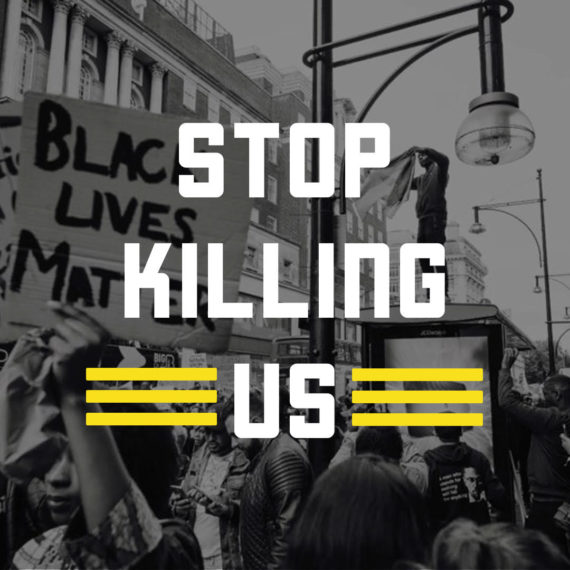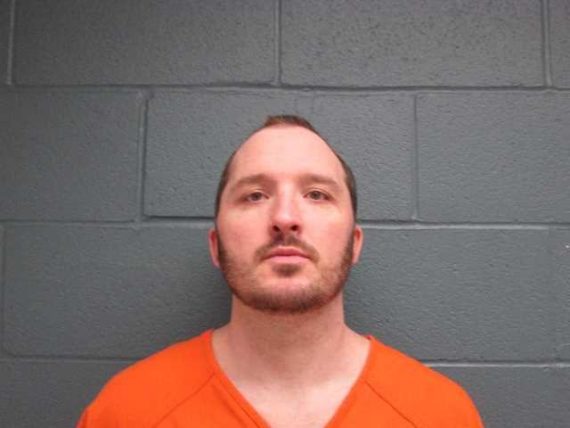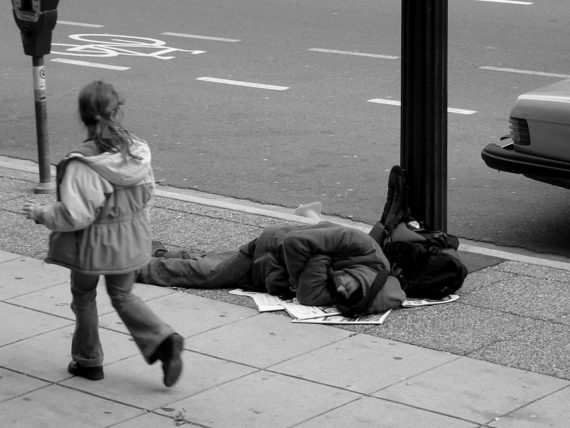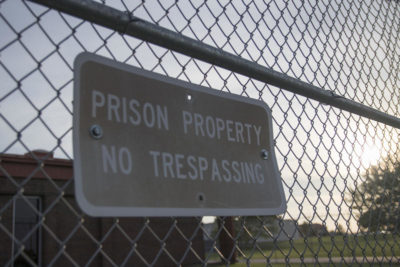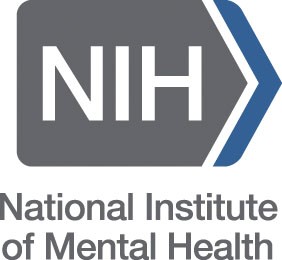
Dr. E. Fuller Torrey rips into NIMH, its advisory board and NAMI
(6-8-20) Dr. E. Fuller Torrey is again accusing the National Institutes of Mental Health of virtually abandoning clinical trials that could help Americans with schizophrenia and bipolar disorder in the short term.
Instead, NIMH, the main federal government agency for research into mental illness with a budget of almost $2 billion, has made basic brain research its priority. The results of such research will take three or four decades to show results, if then.
What’s the difference between “clinical trials” and “basic research.”
Elizabeth Sinclair Hancq, the director of research at the Treatment Advocacy Agency, which Dr. Torrey helped found, provided examples for me in an email.
- Basic research: growing cells in petri dishes and testing the effect of a particular drug on cellular mechanisms, like stopping their growth or activity. Basic research also includes animal model studies when trying to understand underlying cellular or system biology.
- Clinical trials: Testing the effect of a particular drug on symptoms and disease processes.
Perhaps the best way to see the marked difference between the two is by looking at clinical trials the NIMH is not funding. TAC listed 16 examples in a press release all of which are listed at the end of this blog.
Here is a sampling:
- Efficacy of generic drugs: Psychiatric patients being switched from brand-name to generic psychiatric medications frequently complain about loss of efficacy. NIMH should support studies of generic drug efficacy for psychiatric illnesses.
- Long-term injectable antipsychotics: In recent years, several new long-term injectable antipsychotics have been introduced. Although each was approved by the FDA for being better than a placebo, almost nothing is known about their comparative efficacy against each other. NIMH funded trials on these medications would help physicians make more informed decisions on medications for their patients.
- Long term effects: Many of the psychotropic drugs commonly administered to millions of patients in the United States were only studied for their acute effects. Very little is known about the long-term effects of treatment with these medications regarding side effects, maintenance dose, and use of blood levels. These should be systematically studied. The results of such studies might enable treatment using doses which are lower than those currently used, reducing side effects and improving medication compliance.
- Duration of treatment: Current guidelines are not clear regarding how long patients should be treated after a first episode of psychosis. In practice, many clinicians recommend stopping after one year, often increasing risk of relapse. (Studies) should be done randomizing patients to continuation of low dose antipsychotic treatment 1, 2 and three years after their first psychotic episode, to see if continued treatment reduces risk of relapse, while monitoring side effects.
- ECT: Electroconvulsive therapy (ECT) is underused in the United States compared to other developed nations. Randomized, sham–controlled studies using modern research designs should be conducted in the United States testing the efficacy and safety of ECT. This might encourage the use of this unpopular, but safe and efficacious evidence-based treatment.
Dr. Torrey wrote that NIMH funding is now skewed with 90 percent going for basic research, versus a fifty-fifty split.
